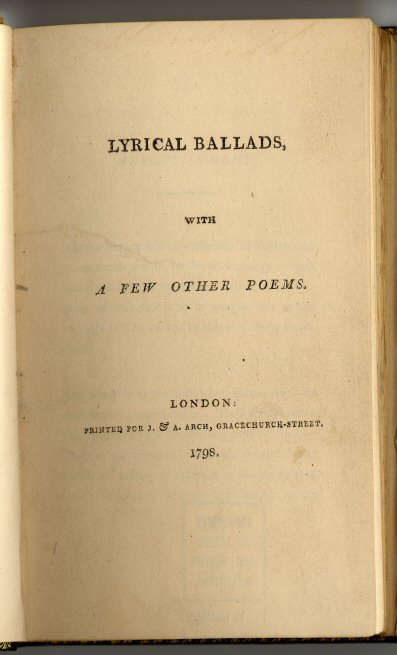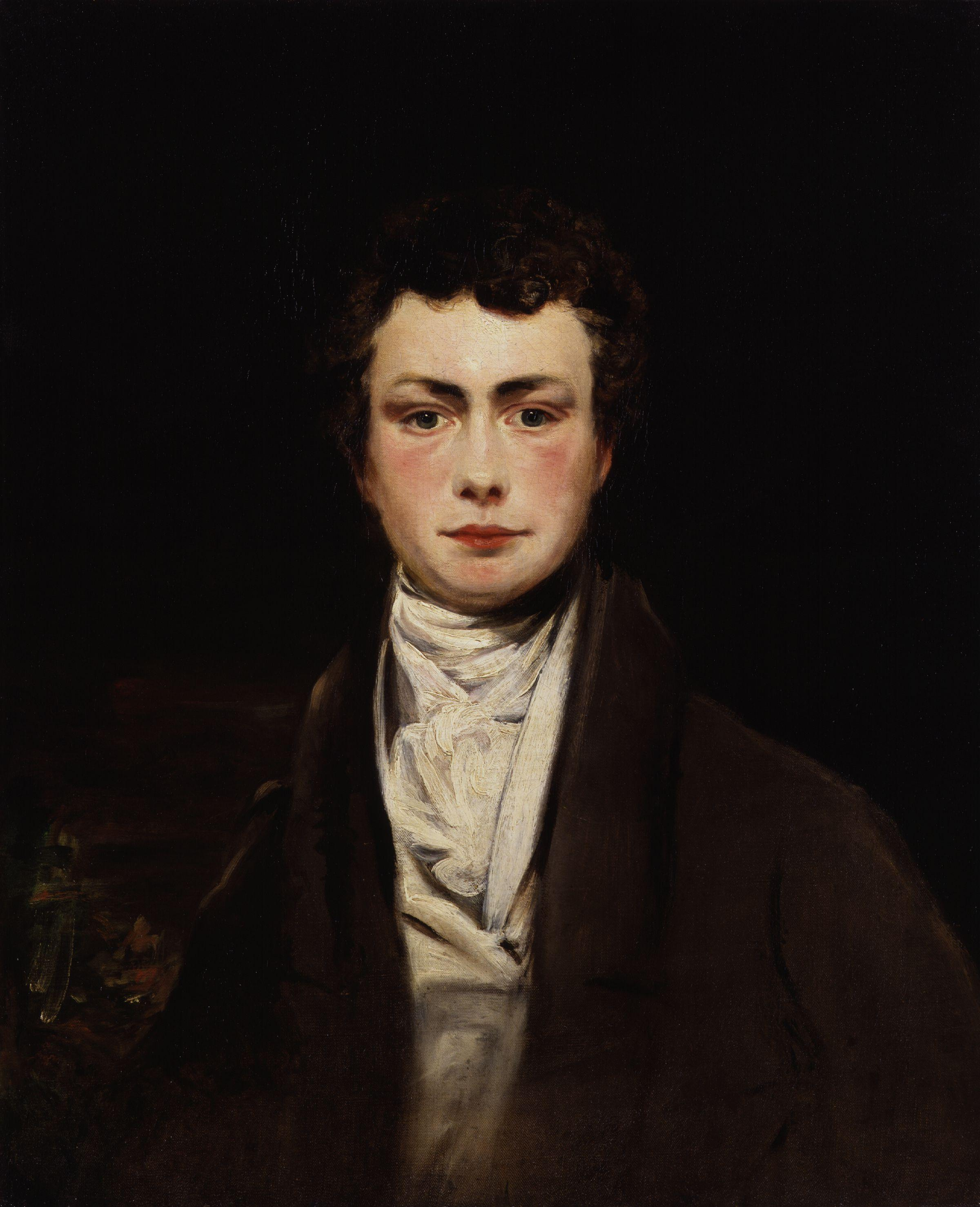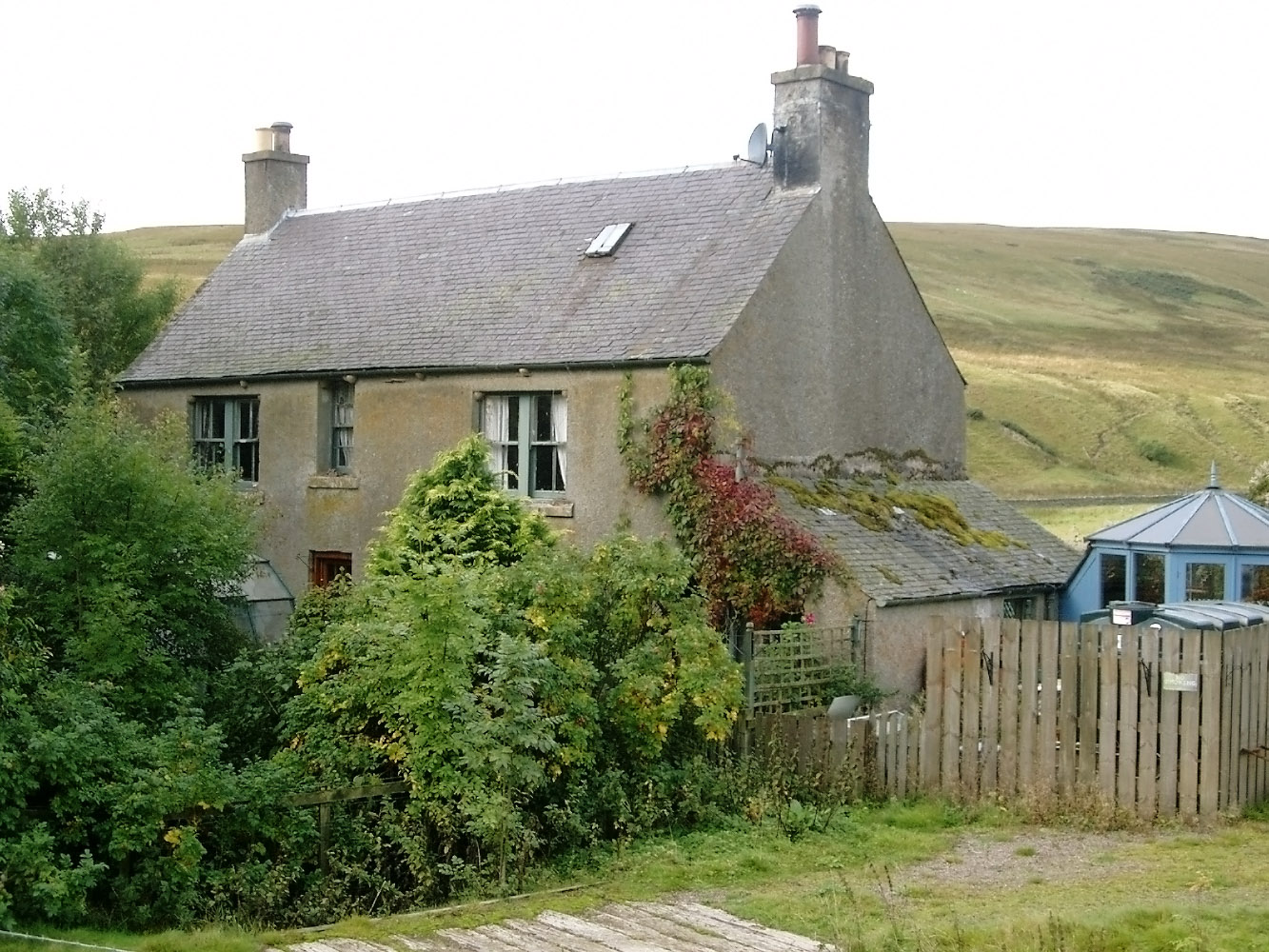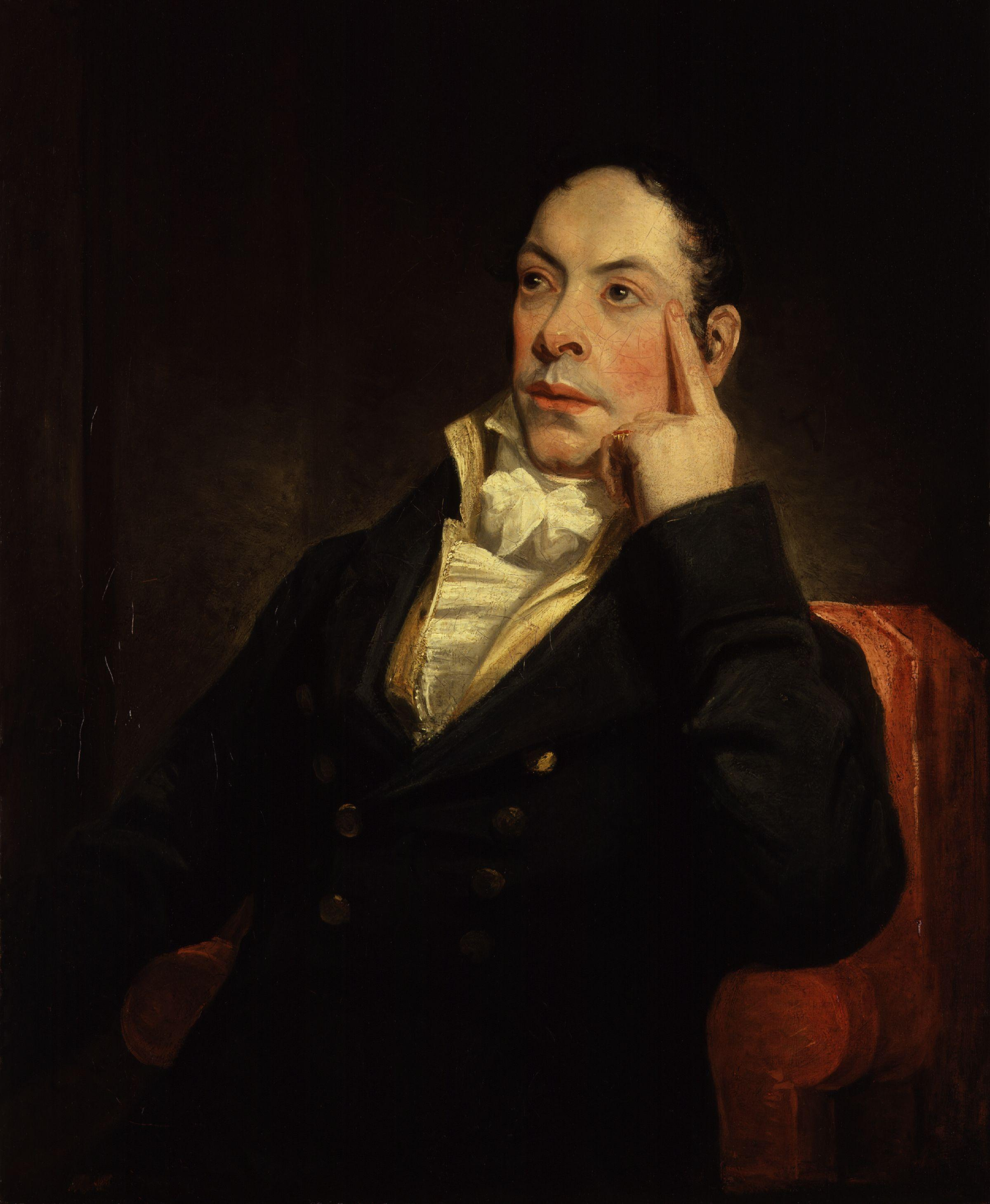|
1801 In Poetry
Nationality words link to articles with information on the nation's poetry or literature (for instance, Irish or France). Events * July 21 – Greenock Burns Club established to honour the memory of Scottish poet Robert Burns (died 1796). * The second edition of ''Specimens of the Early English Poets'', edited by George Ellis and covering poems from the Old English through to the 17th century, is influential in acquainting the general reading public with Middle English poetry, going through a further 4 editions. * Hindusthani Press established in Calcutta, India by John Gilchrist.Das, Sisir Kumar, "A Chronology of Literary Events, 1800–1910", ''A History of Indian Literature: Western Impact, Indian Response, 1800–1910'', Publisher: Sahitya Akademi, 2006, retrieved via Google Books, July 16, 2009 Works published in English United Kingdom * Lucy Aikin, editor and contributor, ''Poetry for Children'', includes poems by John Dryden, Alexander Pope and Anna Barbaul ... [...More Info...] [...Related Items...] OR: [Wikipedia] [Google] [Baidu] |
Irish Poetry
Irish poetry is poetry written by poets from Ireland. It is mainly written in Irish language, Irish and English, though some is in Scottish Gaelic literature, Scottish Gaelic and some in Hiberno-Latin. The complex interplay between the two main traditions, and between both of them and other poetries in English and Scottish Gaelic literature, Scottish Gaelic, has produced a body of work that is both rich in variety and difficult to categorise. The earliest surviving poems in Irish date back to the 6th century, while the first known poems in English from Ireland date to the 14th century. Although there has always been some cross-fertilization between the two language traditions, an English-language poetry that had absorbed themes and models from Irish did not finally emerge until the 19th century. This culminated in the work of the poets of the Irish Literary Revival in the late 19th and early 20th century. Towards the last quarter of the 20th century, modern Irish poetry tended ... [...More Info...] [...Related Items...] OR: [Wikipedia] [Google] [Baidu] |
William Lisle Bowles
William Lisle Bowles (24 September 17627 April 1850) was an English priest, poet and critic. Life and career Bowles was born at King's Sutton, Northamptonshire, where his father was vicar. At the age of 14 he entered Winchester College, where the headmaster at the time was Dr Joseph Warton. In 1781 Bowles left as captain of the school, and went on to Trinity College, Oxford, where he had won a scholarship. Two years later he won the Chancellor's prize for Latin verse. Bowles came from a line of Church of England clergymen. His great-grandfather Matthew Bowles (1652–1742), grandfather Dr Thomas Bowles (1696–1773) and father William Thomas Bowles (1728–1786) had all been parish priests. After taking his degree at Oxford, Bowles followed his forebears into the Church of England, and in 1792, after serving as curate in Donhead St Andrew, was appointed vicar of Chicklade in Wiltshire. In 1797 he received the vicarage of Dumbleton in Gloucestershire, and in 1804 became vicar o ... [...More Info...] [...Related Items...] OR: [Wikipedia] [Google] [Baidu] |
Preface To The Lyrical Ballads
The Preface to ''Lyrical Ballads'' is an essay, composed by William Wordsworth, for the second edition published in 1800 of the poetry collection ''Lyrical Ballads ''Lyrical Ballads, with a Few Other Poems'' is a collection of poems by William Wordsworth and Samuel Taylor Coleridge, first published in 1798 and generally considered to have marked the beginning of the English Romantic movement in literatur ...'', and then greatly expanded in the third edition of 1802. It has come to be seen as a ''de facto'' manifesto of the Romantic movement. The four guidelines of the manifesto include: # Ordinary life is the best subject for poetry. (Wordsworth uses common man's language.) # Everyday language is best suited for poetry # Expression of feeling is more important than action or plot # "Poetry is the spontaneous overflow of powerful feelings" that "takes its origin from emotion, recollected in tranquillity." - William Wordsworth Works by William Wordsworth 1800 works Brit ... [...More Info...] [...Related Items...] OR: [Wikipedia] [Google] [Baidu] |
Lyrical Ballads
''Lyrical Ballads, with a Few Other Poems'' is a collection of poems by William Wordsworth and Samuel Taylor Coleridge, first published in 1798 and generally considered to have marked the beginning of the English Romantic movement in literature. The immediate effect on critics was modest, but it became and remains a landmark, changing the course of English literature and poetry. Most of the poems in the 1798 edition were written by Wordsworth, with Coleridge contributing only four poems to the collection (although these made about a third of the book in length), including one of his most famous works, ''The Rime of the Ancient Mariner''. A second edition was published in 1800, in which Wordsworth included additional poems and a preface detailing the pair's avowed poetical principles. For another edition, published in 1802, Wordsworth added an appendix titled ''Poetic Diction'' in which he expanded the ideas set forth in the preface. A third edition was published in 1802, with ... [...More Info...] [...Related Items...] OR: [Wikipedia] [Google] [Baidu] |
Samuel Taylor Coleridge
Samuel Taylor Coleridge (; 21 October 177225 July 1834) was an English poet, literary critic, philosopher, and theologian who, with his friend William Wordsworth, was a founder of the Romantic Movement in England and a member of the Lake Poets. He also shared volumes and collaborated with Charles Lamb, Robert Southey, and Charles Lloyd. He wrote the poems ''The Rime of the Ancient Mariner'' and ''Kubla Khan'', as well as the major prose work ''Biographia Literaria''. His critical work, especially on William Shakespeare, was highly influential, and he helped introduce German idealist philosophy to English-speaking cultures. Coleridge coined many familiar words and phrases, including "suspension of disbelief". He had a major influence on Ralph Waldo Emerson and American transcendentalism. Throughout his adult life, Coleridge had crippling bouts of anxiety and depression; it has been speculated that he had bipolar disorder, which had not been defined during his lifetime.Jamis ... [...More Info...] [...Related Items...] OR: [Wikipedia] [Google] [Baidu] |
William Wordsworth
William Wordsworth (7 April 177023 April 1850) was an English Romantic poet who, with Samuel Taylor Coleridge, helped to launch the Romantic Age in English literature with their joint publication ''Lyrical Ballads'' (1798). Wordsworth's ''magnum opus'' is generally considered to be ''The Prelude'', a semi-autobiographical poem of his early years that he revised and expanded a number of times. It was posthumously titled and published by his wife in the year of his death, before which it was generally known as "the poem to Coleridge". Wordsworth was Poet Laureate from 1843 until his death from pleurisy on 23 April 1850. Early life The second of five children born to John Wordsworth and Ann Cookson, William Wordsworth was born on 7 April 1770 in what is now named Wordsworth House in Cockermouth, Cumberland, (now in Cumbria), part of the scenic region in northwestern England known as the Lake District. William's sister, the poet and diarist Dorothy Wordsworth, to whom he wa ... [...More Info...] [...Related Items...] OR: [Wikipedia] [Google] [Baidu] |
Robert Southey
Robert Southey ( or ; 12 August 1774 – 21 March 1843) was an English poet of the Romantic school, and Poet Laureate from 1813 until his death. Like the other Lake Poets, William Wordsworth and Samuel Taylor Coleridge, Southey began as a radical but became steadily more conservative as he gained respect for Britain and its institutions. Other romantics such as Byron accused him of siding with the establishment for money and status. He is remembered especially for the poem "After Blenheim" and the original version of "Goldilocks and the Three Bears". Life Robert Southey was born in Wine Street, Bristol, to Robert Southey and Margaret Hill. He was educated at Westminster School, London (where he was expelled for writing an article in ''The Flagellant'', a magazine he originated,Margaret Drabble ed: ''The Oxford Companion to English Literature'' (6th edition, Oxford, 2000), pp 953-4. attributing the invention of flogging to the Devil), and at Balliol College, Oxford. Southey ... [...More Info...] [...Related Items...] OR: [Wikipedia] [Google] [Baidu] |
William Barnes Rhodes
William Barnes Rhodes (1772–1826) was an English author, best known for his burlesque opera, ''Bombastes Furioso''. Rhodes was born in Leeds on Christmas Day 1772, the second son of Richard Rhodes and his wife, Mercy. He worked as a writer in an attorney's office, before gaining a position as a clerk in the Bank of England around 1799. He was promoted to chief teller in 1823, and held that post until his death. On 24 March 1825, Rhodes married Emma Millington. On 1 November 1826 he died at his home near Bedford Square, London, being survived by his wife, who gave birth to a daughter after his death. Rhodes is best known as the author of a burlesque opera, "''Bombastes Furioso''", which became a popular success. It was produced anonymously at the Haymarket Theatre on 7 August 1810, with John Liston in the title role and Charles Mathews as the King of Utopia and was first printed in 1813, in Dublin, but was not published under Rhodes's name until 1822. He also published, in 1801 ... [...More Info...] [...Related Items...] OR: [Wikipedia] [Google] [Baidu] |
Henry James Pye
Henry James Pye (; 20 February 1745 – 11 August 1813) was an English poet, and Poet Laureate from 1790 until his death. His appointment owed nothing to poetic achievement, and was probably a reward for political favours. Pye was merely a competent prose writer, who fancied himself as a poet, earning the derisive label of poetaster. Life Pye was born in London, the son of Henry Pye of Faringdon House in Berkshire, and his wife, Mary James. He was the nephew of Admiral Thomas Pye. He was educated at Magdalen College, Oxford. His father died in 1766, leaving him a legacy of debt amounting to £50,000, and the burning of the family home further increased his difficulties. In 1784 he was elected Member of Parliament for Berkshire. He was obliged to sell the paternal estate, and, retiring from Parliament in 1790, became a police magistrate for Westminster. Although he had no command of language and was destitute of poetic feeling, his ambition was to obtain recognition as a poe ... [...More Info...] [...Related Items...] OR: [Wikipedia] [Google] [Baidu] |
Thomas Moore
Thomas Moore (28 May 1779 – 25 February 1852) was an Irish writer, poet, and lyricist celebrated for his ''Irish Melodies''. Their setting of English-language verse to old Irish tunes marked the transition in popular Irish culture from Irish to English. Politically, Moore was recognised in England as a press, or " squib", writer for the aristocratic Whigs; in Ireland he was accounted a Catholic patriot. Married to a Protestant actress and hailed as "Anacreon Moore" after the classical Greek composer of drinking songs and erotic verse, Moore did not profess religious piety. Yet in the controversies that surrounded Catholic Emancipation, Moore was seen to defend the tradition of the Church in Ireland against both evangelising Protestants and uncompromising lay Catholics. Longer prose works reveal more radical sympathies. The ''Life and Death of Lord Edward Fitzgerald'' depicts the United Irish leader as a martyr in the cause of democratic reform. Complementing Maria Edgewort ... [...More Info...] [...Related Items...] OR: [Wikipedia] [Google] [Baidu] |
James Hogg
James Hogg (1770 – 21 November 1835) was a Scottish poet, novelist and essayist who wrote in both Scots and English. As a young man he worked as a shepherd and farmhand, and was largely self-educated through reading. He was a friend of many of the great writers of his day, including Sir Walter Scott, of whom he later wrote an unauthorised biography. He became widely known as the "Ettrick Shepherd", a nickname under which some of his works were published, and the character name he was given in the widely read series '' Noctes Ambrosianae'', published in ''Blackwood's Magazine''. He is best known today for his novel ''The Private Memoirs and Confessions of a Justified Sinner''. His other works include the long poem '' The Queen's Wake'' (1813), his collection of songs ''Jacobite Relics'' (1819), and his two novels ''The Three Perils of Man'' (1822), and ''The Three Perils of Woman'' (1823). Biography Early life James Hogg was born on a small farm near Ettrick, Selkirkshire, ... [...More Info...] [...Related Items...] OR: [Wikipedia] [Google] [Baidu] |
Matthew Gregory Lewis
Matthew Gregory Lewis (9 July 1775 – 14 or 16 May 1818) was an English novelist and dramatist, whose writings are often classified as "Gothic horror". He was frequently referred to as "Monk" Lewis, because of the success of his 1796 Gothic novel ''The Monk''. He also worked as a diplomat, politician and an estate owner in Jamaica. Biography Family Lewis was the first-born child of Matthew and Frances Maria Sewell Lewis. His father, Matthew Lewis, was the son of William Lewis and Jane Gregory and was born in England in 1750. He attended Westminster School before proceeding to Christ Church, Oxford, where he received his bachelor's degree in 1769 and his master's in 1772. During his time at Westminster, Lewis's parents separated, and he idolised his mother without disregarding his father. Mrs Lewis moved to France in this period; while there, she was in continuous correspondence with Matthew. The correspondence between Matthew and his mother consisted of discussion regarding the ... [...More Info...] [...Related Items...] OR: [Wikipedia] [Google] [Baidu] |


%2C_Portrait_miniature%2C1809.jpg)



